New South Wales-based startup Key Energy has installed a 8 kW/32 kWh three-phase flywheel mechanical energy storage system at a property in the Sawyers Valley, just east of Perth.
The installation involved a single flywheel, which stores energy mechanically meaning it has no fire risks, can run around 11,000 cycles without capacity degradation and boasts a 20-year to 30-year lifespan. While these systems have low energy density, they are substantially more durable than lithium-ion based chemical batteries.
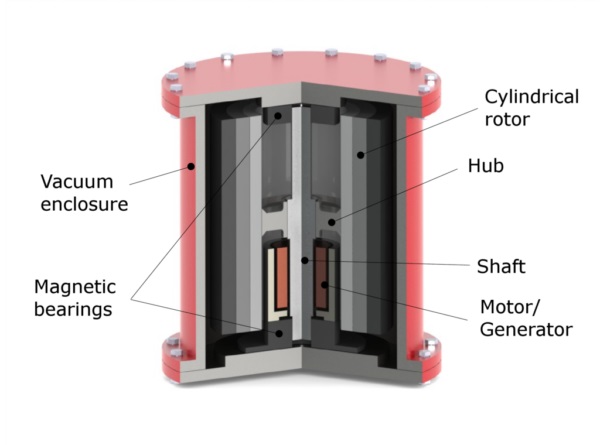
This was a major drawcard for the owner of the Sawyers Valley property, who wanted a system that did not pose a fire risk, could power their three-phase loads and provide energy security as blackouts frequently affect the area.
The project marks Key Energy’s fourth installation, with another two expected to be commissioned this year. In total, the company has installed around 16 flywheel systems with over 300 kWh of capacity, including at a boarding school and at gas company APA Group’s commercial off-grid device stations.
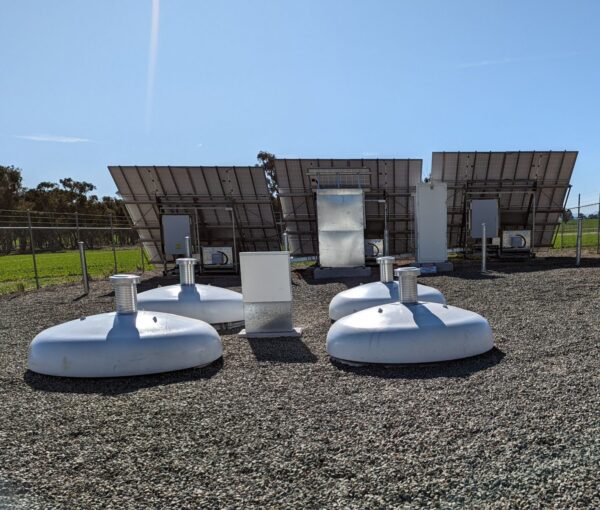
Image: Key Energy
Key Energy says it aims to leverage this residential flywheel installation, as well as future projects, to qualify its technology for Western Australia’s Stand Alone Power System (SAPS) program, run by state-owned utilities Western Power and Horizon Power. The program is part of the state’s broad strategy to replace its stringy regional network of poles and wires with renewable standalone alternatives, which usually include a solar array, battery and last-resort diesel generator. These systems have been found by the state to be far cheaper and significantly reduce carbon emissions.
Key Energy says it is also developing additional functionality for the flywheel, paving the way for virtual power plants (VPPs) which it believes could capitalise on the flywheel system’s robust cycling characteristics and long lifespan.
Key energy, founded in 2018, is based in the Sydney suburb of Chippendale and has a test site in nearby Alexandria. Since launching, it has attracted funding from the New South Wales government, City of Sydney and Energy Lab.
Key Energy’s flywheels are sourced from US-headquartered company Amber Kinetics, though the rest of the battery system is believed to be manufactured in Australia.
This content is protected by copyright and may not be reused. If you want to cooperate with us and would like to reuse some of our content, please contact: editors@pv-magazine.com.
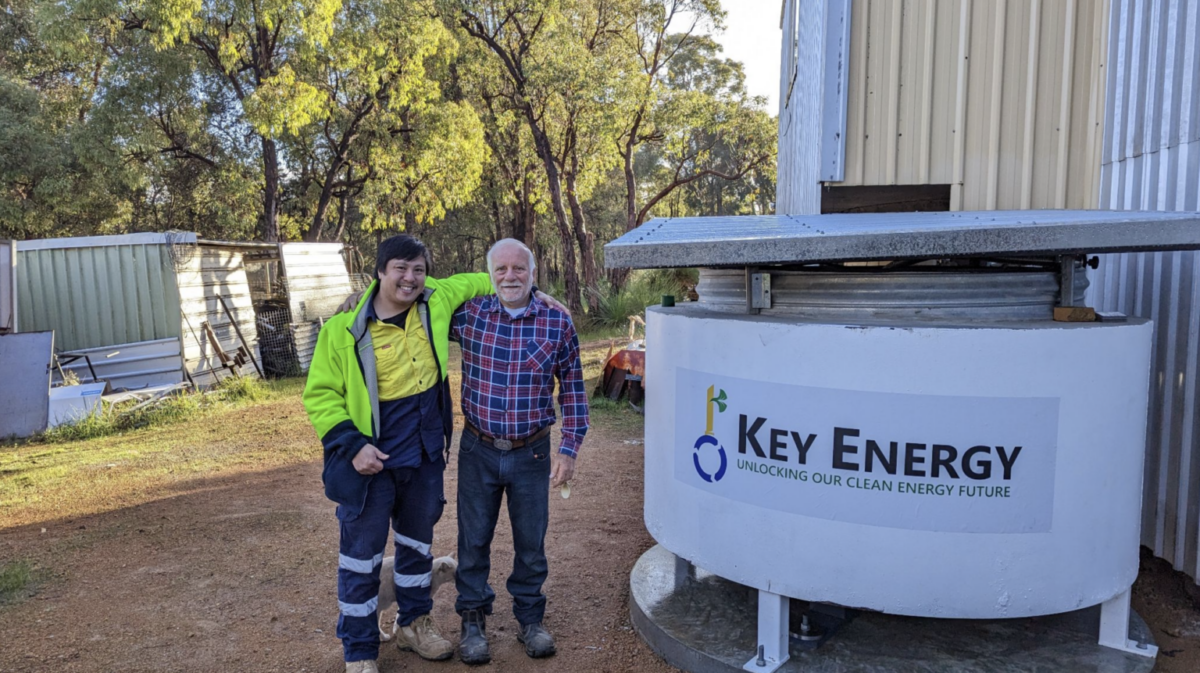





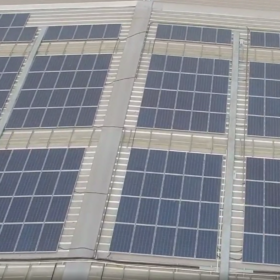
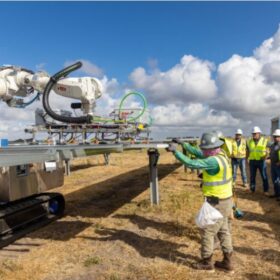
By submitting this form you agree to pv magazine using your data for the purposes of publishing your comment.
Your personal data will only be disclosed or otherwise transmitted to third parties for the purposes of spam filtering or if this is necessary for technical maintenance of the website. Any other transfer to third parties will not take place unless this is justified on the basis of applicable data protection regulations or if pv magazine is legally obliged to do so.
You may revoke this consent at any time with effect for the future, in which case your personal data will be deleted immediately. Otherwise, your data will be deleted if pv magazine has processed your request or the purpose of data storage is fulfilled.
Further information on data privacy can be found in our Data Protection Policy.